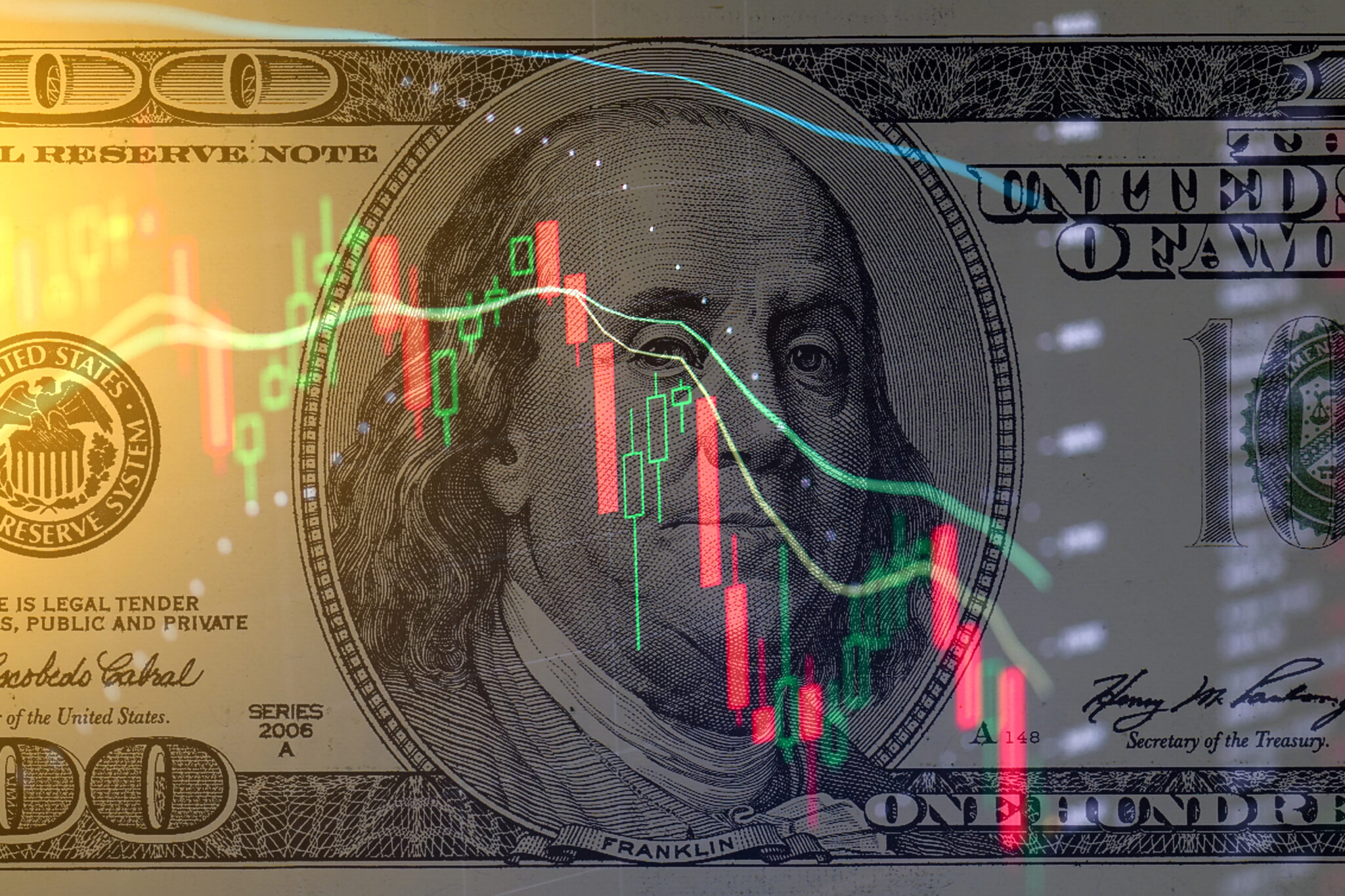AI Anxiety: Protesters Fast Outside Tech Giants' Doors, Demanding Answers on 'Superhuman' Risks

In a dramatic protest that underscores growing public anxiety about artificial intelligence, two passionate activists have launched hunger strikes outside the headquarters of tech giants Anthropic in San Francisco and DeepMind in London. Their extreme action signals the mounting concerns surrounding the rapid and potentially uncontrolled development of AI technologies.
These protesters are not just making a symbolic gesture, but are attempting to draw urgent attention to the potential existential risks posed by unchecked AI advancement. By putting their own health and well-being on the line, they are sending a powerful message about the need for careful, ethical consideration of AI's future trajectory.
The hunger strikes highlight the deep-seated fears many people harbor about the transformative and potentially unpredictable nature of artificial intelligence. As AI continues to evolve at an unprecedented pace, questions about its impact on society, employment, privacy, and even human autonomy have become increasingly pressing.
By choosing such a radical form of protest, these activists are demanding that tech companies and policymakers take a more measured and responsible approach to AI development, prioritizing human safety and ethical considerations over unconstrained technological progress.








